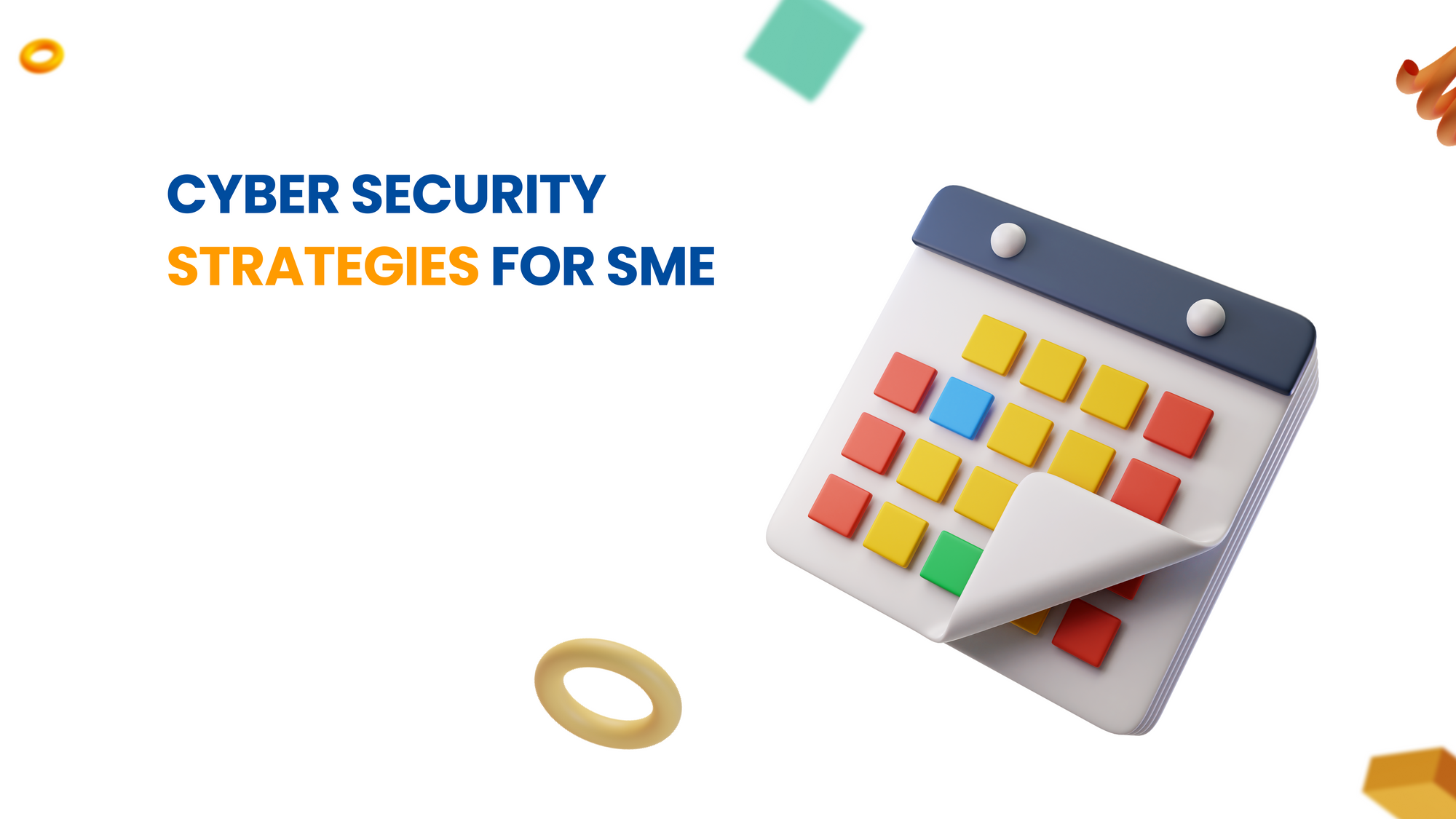
Cyber Security strategies for SME
Small businesses have been growing since the beginning of the pandemic thanks to digital transformation allowing them to open cost-efficiently. However, it brings the disadvantages of relying on the internet.
Just like any business is growing, viruses, ransomware, malware, and phishing have been growing over the past years, and attacks are expected to double in 2022 according to cybersecurity specialists. It doesn’t mean that we should just watch it happen, cybersecurity has been improving as well. Antiviruses are getting better, DNS protection is performing greatly with AI/ML systems, and now we have a lot of free training courses that help avoid cyberattacks.
To stay safe in 2022, our cybersecurity specialists advise you to do the following:
Multifactor authentication (MFA)
Attackers usually avoid those who use MFA due to a strong protection layer it adds to the user’s security. MFA is deployed easily, and it is highly recommended to be used.
Training
Cybersecurity training isn’t only made for big organizations, SMEs are usually even more attractive to hackers due to the lack of their cybersecurity. If the company cannot afford long-term courses, it can enroll into a few shorter ones over a longer period of time. This will help employees to raise cybersecurity awareness, thus using strong passwords and avoiding suspicious downloads or phishing emails.
DNS Filtering
A new trendy feature that is very easy to deploy and requires no hardware or IT background. This service can be installed on the network level to protect all users from malicious content and eliminate it before it even reaches the user’s network. DNS filtering comes with a lot of other features besides protection against malicious content, such as blocking unwanted websites like time wasters or social networks.
Antivirus
DNS Filtering usually should be enough, but if the user accidentally allows malicious content to be downloaded on their device, here comes the Antivirus alerting about the risks and deleting the malicious content that has been downloaded.
Take advantage of the SafeDNS trial period and try all the best features

